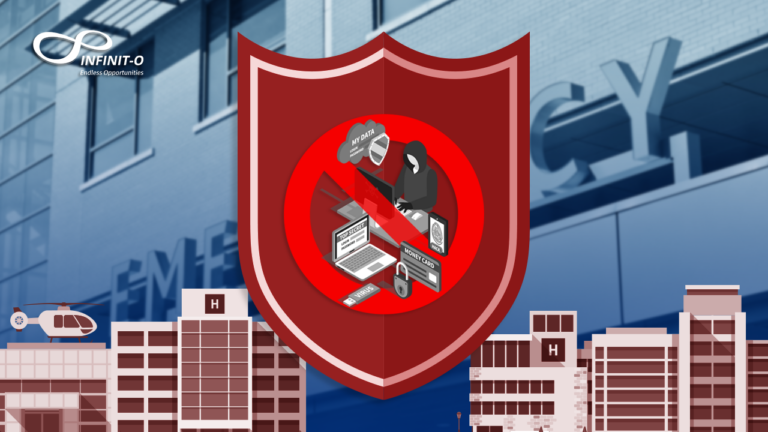Overcoming Administrative Overhead and Rising Labor Costs in Healthcare: A Path to Efficiency
In today’s fast-paced healthcare environment, providers are increasingly turning to healthcare BPO services to address challenges related to administrative overhead and rising labor costs. As the demand for healthcare services grows, so does the volume of patient documentation, billing codes, and scheduling tasks. Without strategic solutions like home health outsourcing and patient support services, these inefficiencies can detract from patient care and financial performance.
The Challenge: Struggling with Administrative Overhead and Rising Labor Costs
High Volumes of Documentation and Scheduling
Healthcare providers are tasked with managing vast amounts of patient information. The complexities involved in patient documentation, billing codes, and scheduling can quickly become overwhelming. Administrative tasks that should support patient care often consume valuable time and resources, detracting from the core mission of healthcare: delivering quality care.
Limited Access to Skilled Talent
Compounding these challenges is the limited access to skilled administrative and revenue cycle management (RCM) talent. The shortage of qualified professionals hampers efficiency and makes it difficult for healthcare providers to maintain high standards of accuracy and compliance. Existing staff are often stretched thin, managing critical tasks such as medical billing and claims management while juggling patient care responsibilities. This dual burden can lead to a host of issues:
- Documentation Errors: High volumes of patient data increase the likelihood of errors in documentation, leading to potential compliance issues and revenue loss.
- Delayed Claims Processing: Inefficient workflows can result in claims being submitted late, further delaying revenue streams for healthcare providers.
- Missed Billing Deadlines: When staff are overwhelmed, billing deadlines can slip, leading to financial shortfalls.
- Rising Labor Costs: The escalating costs of hiring and retaining qualified talent strain budgets, making it challenging for providers to keep pace with operational demands.
These challenges not only impact the revenue cycle but also add to the workload of existing staff, affecting their ability to provide high-quality patient care.
The Solution: Support Services Business Process Optimization Solutions
Healthcare providers can overcome these challenges by embracing home health process optimization and leveraging tailored patient support services. Partnering with a reliable support services provider specializing in healthcare BPO services offers numerous benefits, including:
Streamlining Workflows
A dedicated support team can streamline workflows by optimizing processes and utilizing advanced data management tools. This approach includes:
- Centralized Patient Records: Maintaining an organized system for patient documentation ensures that all relevant information is accessible in real time, reducing the risk of errors and improving data accuracy.
- Efficient Scheduling: Optimizing scheduling processes leads to better time management, allowing providers to maximize their appointment slots and improve patient access to care.
- Automated Billing and Claims Management: Implementing automated systems for billing and claims submission reduces the administrative load on staff, minimizes errors, and accelerates revenue cycles.
Enhancing Compliance and Accuracy
With a dedicated team focusing on these crucial areas, providers can enhance compliance and accuracy in their operations. By ensuring that all processes meet regulatory requirements and industry standards, healthcare organizations can mitigate the risk of compliance issues that could lead to financial penalties or reputational damage.
The Outcome: Transforming Operations for Better Care Coordination and Efficiency
The implementation of support services and business process optimization solutions leads to significant improvements across various metrics. For instance, providers can expect:
- Administrative Task Completion Time Reduced by 35%: Streamlined workflows and efficient processes enable staff to complete administrative tasks more quickly, freeing up time for patient care.
- Patient Satisfaction Improved by 20%: With reduced administrative burdens and improved scheduling, patients experience shorter wait times and enhanced service, leading to greater satisfaction.
- Staff Workload Lightened by 25%: By redistributing administrative tasks to a dedicated support team, existing staff can focus on patient care, reducing burnout and improving job satisfaction.
Optimized processes and robust data management empower healthcare providers to enhance care coordination and operational efficiency. The transition to more efficient operations not only supports better patient outcomes but also creates a more sustainable environment for healthcare professionals.

Conclusion
Administrative burdens and rising labor costs remain significant challenges for healthcare providers. By adopting healthcare BPO services and focusing on home health process optimization, organizations can streamline workflows, enhance compliance, and reduce costs. These solutions, including home health outsourcing and tailored patient support services, allow healthcare professionals to prioritize patient care, improve outcomes, and achieve long-term sustainability.
In a rapidly evolving healthcare landscape, investing in business process optimization is essential to overcoming challenges and delivering exceptional care.
Infinit-O empowers finance and healthcare SMBs by being the trusted, customer-focused, and sustainable leader in business process optimization, driving continuous improvement through the integration of technology, data, and people.







This site is protected by reCAPTCHA and the Google Privacy Policy and Terms of Service apply.